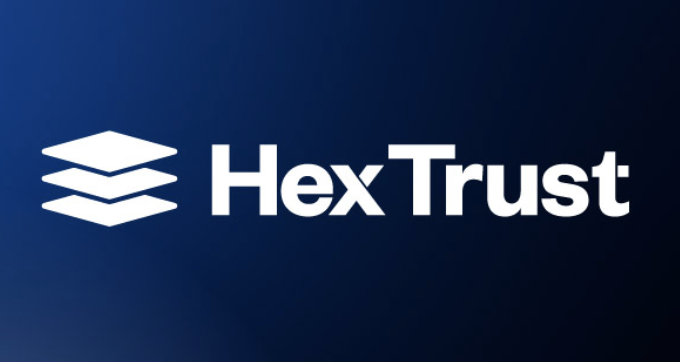
Accelerators And Their Significance For The Venture Industry in Southeast Asia
TECHCRUNCH: U.S.-based VC firm 500 Startups is launching a new accelerator program in Southeast Asia that is designed to help companies in the region that have raised money take their business to the next level.
The firm, which recently topped up its ‘500 Durians’ fund for Southeast Asia with an additional $5 million, has partnered with MaGIC — the startup and entrepreneurship program run by the Malaysian government — to launch the program in Kuala Lumpur from August. Each ‘Distro Dojo’ batch will run for 10 weeks and take in between 10 and 20 companies from across ASEAN who work with mentors and the 500 Startups network to scale their userbase, revenue, and other aspects of their business.
The program is based on 500 Startups’ existing support network for its portfolio companies, which dishes out this kind of consultancy on a bespoke basis. Now it’s being formalized and made open to all companies in Southeast Asia, not just those that 500 Startups has invested in. The U.S. VC firm actually launched Distro Dojo in London last month, but the concept began in Southeast Asia with a pilot run last year in Malaysia (with MaGIC) with four companies that raised over $7 million collectively.
“What do you do after you raise money? You need to spend it and spend it well,” Khailee Ng, 500 Startups’ Southeast Asia-based managing partner told TechCrunch in an interview. “This program is about helping startups work on specific growth goals. Not all startups have world-class customer acquisition chops.”
Targeting 100 Startups
Southeast Asia’s Distro Dojo is expected to kick off in August. 500 Startups and MaGIC have committed to a three year partnership, which Ng expects will see 100 companies graduate the program. The terms will see 500 Startups invest $50,000 in each company — half of which goes to program fees, while the rest is budget — taking whatever equity that figure buys at the startup’s most recent fundraising. MaGIC is providing its 100 square foot building for the program, and covering “some administration costs.”
Ng said he believes that Distro Dojo is an important area that is particularly necessary in emerging markets like Southeast Asia. Read the full article
E27CO: 500 Startups, MaGIC announce new ASEAN-focussed growth-stage accelerator
TECHCRUNCH: It’s no secret that most startups fail. What’s a bit less obvious is that most startup accelerators also fail. While a few top-tier programs get the cream of the crop unicorns of the future, the hundreds of others struggle to attract teams that will produce the investment-grade companies on which their models so depend.
As the true business school of the future, most of them provide tremendous educational value to these budding entrepreneurs — who very well may produce a valuable company some day. Overwhelming odds are, however, that those initial projects that accelerators get a piece of, for their cash and time investment, aren’t the ones with which the entrepreneurs will ultimately succeed. For accelerators to survive long term, their business model has to change.
A Little History Lesson
In the mid-1990s, Idealab brought the business incubator model to the tech world. Concepts were developed in-house or brought in to the fold to be graduated into standalone business by an experienced operations team that could execute quickly, with few constraints. Rocket Internet turbocharged this model, taking over many hot regions around the world with e-commerce arbitrage and business model copycats in a few short years.
In the mid-2000s, Y Combinator and TechStars pioneered the accelerator model. Talented entrepreneurs and technologists began coming in from the cold. They entered an environment of mentorship, co-suffering peers as motivators and a bit of money to cover living expenses — barely enough to get a minimum product out to market. Early success stories such as Dropbox, Airbnb, and SendGrid started surfacing, and so did numerous accelerators around the world looking to duplicate those wins. Read the full article





